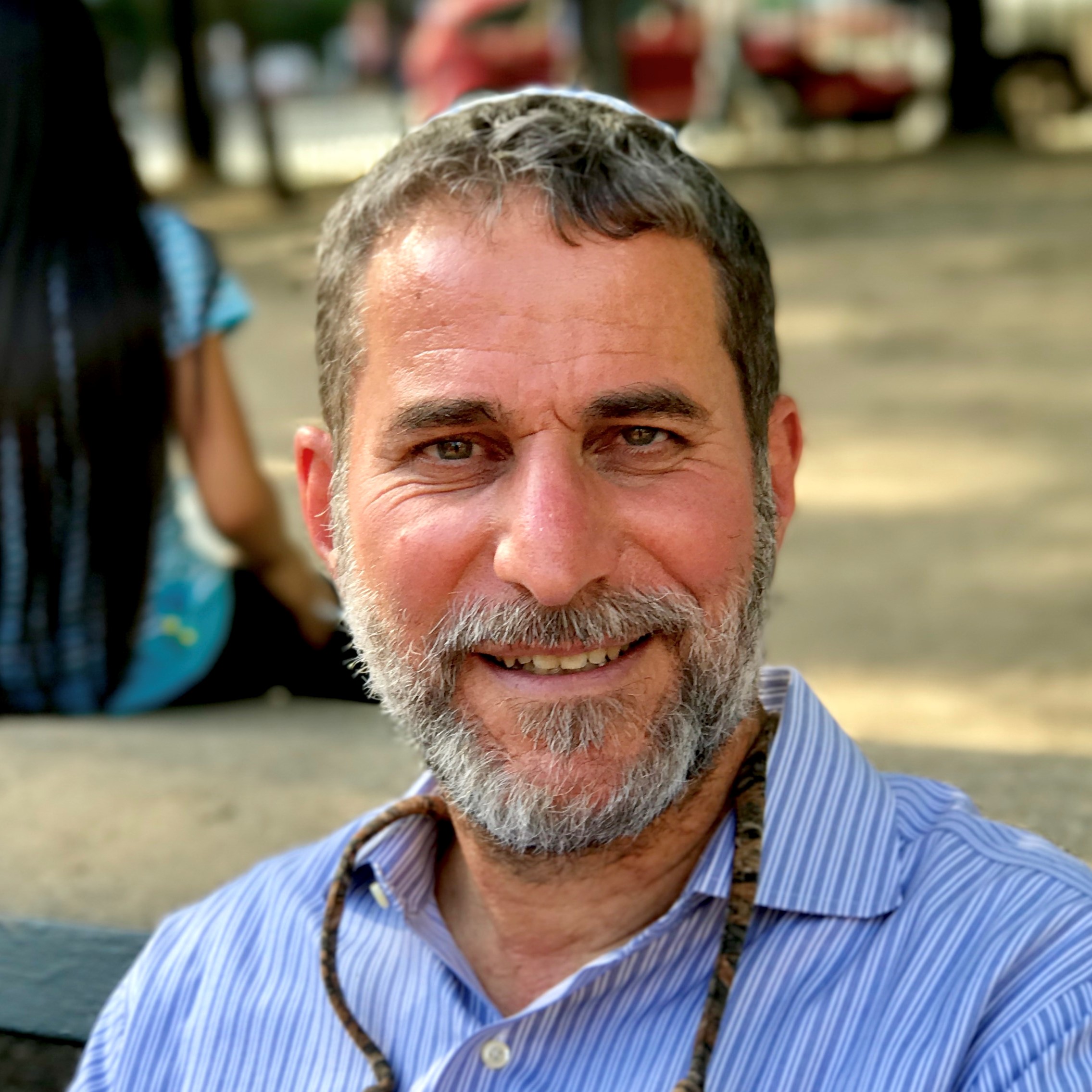65 Lessons

The Lessons of Yosef in Egypt
Rabbi Moshe Tzuriel | 29 Kislev 5786

Parashat Hashavua: From Paroh to Hamas and Iran – In Those Days at this Time
Rabbi Yossef Carmel | Kislev 5786
Dreams of Royalty
Rabbi Netanel Yossifun | 26 Kislev 5785

Parashat Hashavua: The Significance of a Famine
Rabbi Yossef Carmel | kislev 5785

Should we pay attention to our dreams?
Rabbi Stewart Weiss | 14 Shvat 5784

Who wants to be a tzadik?
Rabbi Stewart Weiss | 14 Shvat 5784

The Children of Rachel and of Leah – Unity of the Wise
Rabbi Yossef Carmel | 13 Shvat 5784

Sibling Rivalry
Rabbi Jonathan Sacks Z"tl | 11 Shvat 5784

The True Chanukah Message for Today
Rabbi Dov Lior | 3 Tevet 5784
A leader must be a wise man who anticipates the future
Learning from Yosef how a leader should behave and should look ahead.
Rabbi Shmuel Eliyahu | KIslev 29 5782

Yosef & Yehuda, Nationalism & Universalism?
In this week's Torah portion of Miketz, we encounter Yaakov's sons Yosef and Yehuda, two leaders in Israel who appear to represent two different approaches...What is very interesting is that we find in the writings of the saintly Rav Kook that the roles of Yosef and Yehuda seem to actually be reversed. Rav Kook deals with the concept of two Messiahs, one to be followed by the other; Messiah ben Yosef and Messiah ben David (descended from Yehuda)...
Rabbi Amatzya Berkowitz | Kislev 29 5782

Appearance and Reality
The encounter between Joseph and his brothers is the fifth in a series of stories in which clothes play a key role. What all five cases have in common is that they facilitate deception. In each case, they bring about a situation in which things are not as they seem.
Rabbi Jonathan Sacks Z"tl | Kislev 28 5782
Timing Is Everything
"…what cannot be solved by wisdom, will eventually be solved by the passage of time." It seems that time is never neutral, and that its passage certainly influences decisions and events that take place in human society.
Rabbi Berel Wein zt"l | Kislev 28 5782
Empowering Others
Paul O'Neill's tenure at ALCO Aluminum Company as CEO from 1987 to 2000 increased the value ofthe company's shares five times, and its market capitalization by $27 billion. How did he do it?
Rabbi Yaakov Asher Sinclair | Kislev 28 5782

The Many Implications of Shever
In the middle section of Parashat Miketz, that root is “shever.” Not only is it used many times, but it is also used with different meanings. We will take a look at several of the contexts and learn more about this important and versatile root.
Rabbi Yossef Carmel | Kislev 27 5782

Diaspora Is Affliction (Even When You're Rich)
Israel National Torah
An explanation of why Yosef referred to Egypt as the "land of my affliction" even when he was one of the most powerful and wealthy individuals living there. (Hint: It's connected to the fact that Egypt is not Israel)
Baruch Gordon | Tevet 3 5780
Miketz
Rabbi Berel Wein zt"l | Tevet 2 5781

Two Years of Days and Miracles in Those Days
Rabbi Yossef Carmel | Tevet 2 5781

A Sweet Change of Pace
What beracha does one recite over chocolate-covered raisins?
The Torah teaches that the second time the brothers came down to Mitzrayim, Yaakov told them to bring treats from Eretz Yisroel with which to woo Pharoah. Of course, they had no chocolate to bring, but we can discuss a different royal treat that the Aztecs considered a royal beverage.
Rabbi Yirmiyohu Kaganoff | Tevet 2 5781
